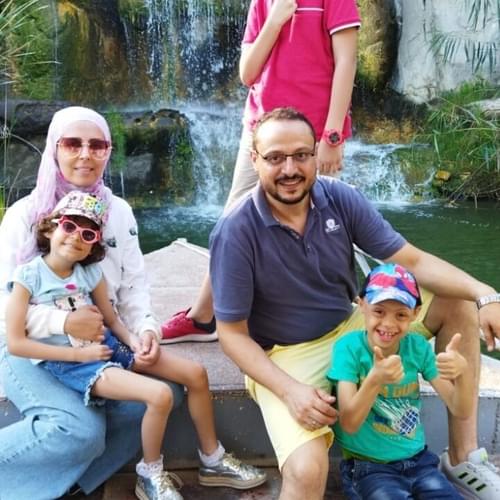We’ve connected with many transition age families, established a monthly parent group and continue to refine our resources and support for families as they navigate the complex transition years. As a part of this, we’ve created a Checklist to Turning 18 for families to reference. Here’s a peak at some key areas from the checklist:
Decision Making - When a person turns 18, they become their own legal adult. As this time nears, families often start thinking about decision making options that best fit the needs of their loved one with Down syndrome. Here are some options to consider:
Guardianship- Guardianship is a legal process that restricts certain rights for the person with a disability and allows a guardian to make important decisions.
Supportive Decision Making (SDM)- SDM is a less restrictive decision making option that allows the person with a disability to make choices about their life. SDM uses safety nets such as a representative payee, power of attorney, health care directive, release of information, and authorized representative to help make important decisions.
Choosing guardianship or SDM for your loved one is a personal decision! Families choose what works best for their unique situation.
Social Security Income (SSI) - SSI is a monthly cash assistance, federal welfare program for people ages 18-64 who have a disability, and limited assets and resources. Your loved one can apply for SSI once they turn 18. Once SSI is approved, a benefit award letter is issued and can be used to open up a Representative Payee account at the bank. SSI money can be used for many things such as haircuts, clothes, dinner out, memberships, rent and more.
Medical Assistance (MA)- Once your loved one is accessing SSI at age 18, they are considered their own household. At this point, they can apply for MA without your household income factored into eligibility. MA can be used as a primary or secondary insurance and is a huge help with medical, dental and therapeutic costs.
County Services - Accessing MA also opens the door for county services eligibility, such as a waiver. Waivers provide funding for home and community based services. They help pay for many supports such as staffing, 24 hour emergency assistance, adult day services, assistive technology, chore service, caregiver living expenses, independent living skills therapy, respite, housing services, safety measures, community activities and more.
Education - The high school years are a great time to explore your child’s interests, hobbies and strengths. Taking the time to look through course offerings and extracurricular activities at your child’s school can provide some places to start. Does your child love art? Sample a painting class. Want to build life skills? Try out a cooking class or weight training. Volunteering at school or within the community is another great way for your loved one to build experience and important skills such as finishing tasks, following directions, being on time and a team player. Now is an exciting time to experiment with all of this and prepare more for what comes next!
Also during this time, it is important to work closely and communicate frequently with your child’s Special Education case manager regarding classes, Voc Rehab Services in the school and your school district’s Transition Program for after high school. This is also a great time to start looking at higher education opportunities. Here in Minnesota we have two schools that offer programs with on-campus living in which students with IDD can attend- the Build program at Bethel in St. Paul and the Beyond Limits program in Bloomington. This planning can be a part of your child’s IEP starting at age 14.
Interested in learning more about topics covered on the Checklist to Turning 18 and connecting with other transition age families? Join our monthly transition parent group meetings! This group meets the 4th Monday of the month at 6:30pm primarily on Zoom and with some in-person opportunities. Information about meetings are shared through Facebook and monthly emails. To join our Facebook group and/or sign up for Transition Services emails, please contact DSAMn’s Family Connectors.
Click Here to Complete a Family Connector Support Request Form
Why We Step Up for Down Syndrome Awareness: Transition Knowledge
We Step Up for DSAMn because we know first hand the power of connection and support provided to parents and caregivers during transitions.
Why We Step Up for Down Syndrome Awareness: Information from Family Connectors Families
We Step Up for DSAMn because we know first hand the power of connection and support provided to families looking for information on healthcare, county services, education, mental health services, partner programs and more.


